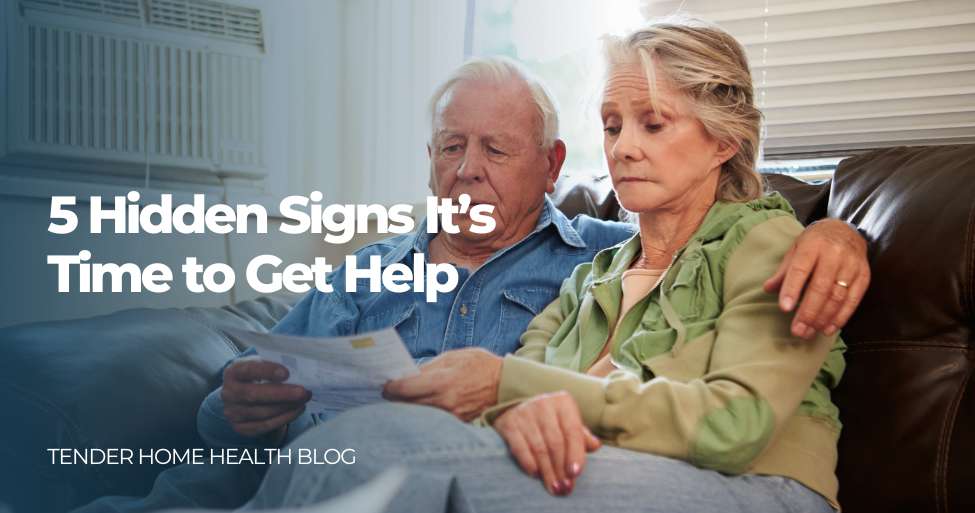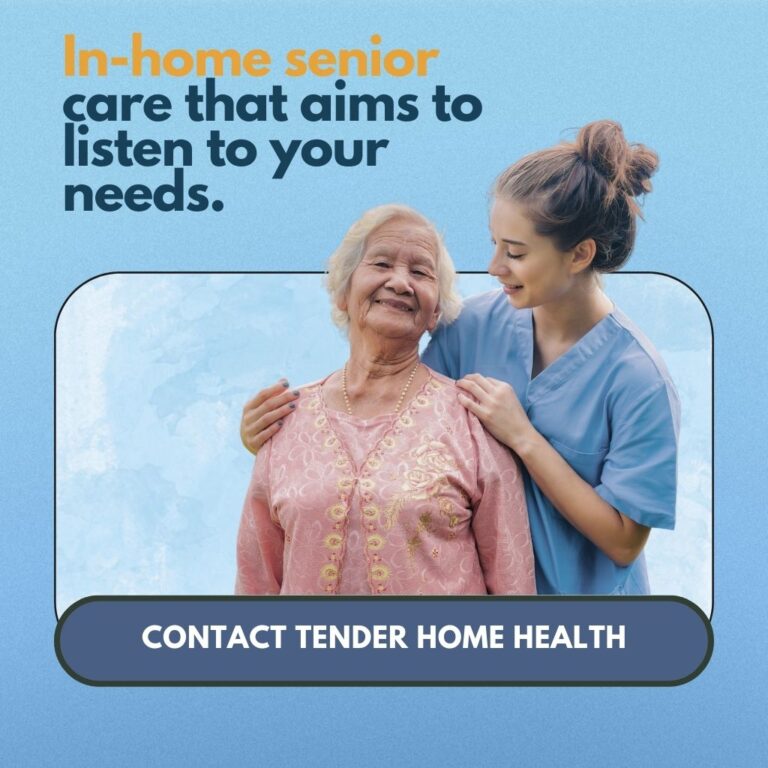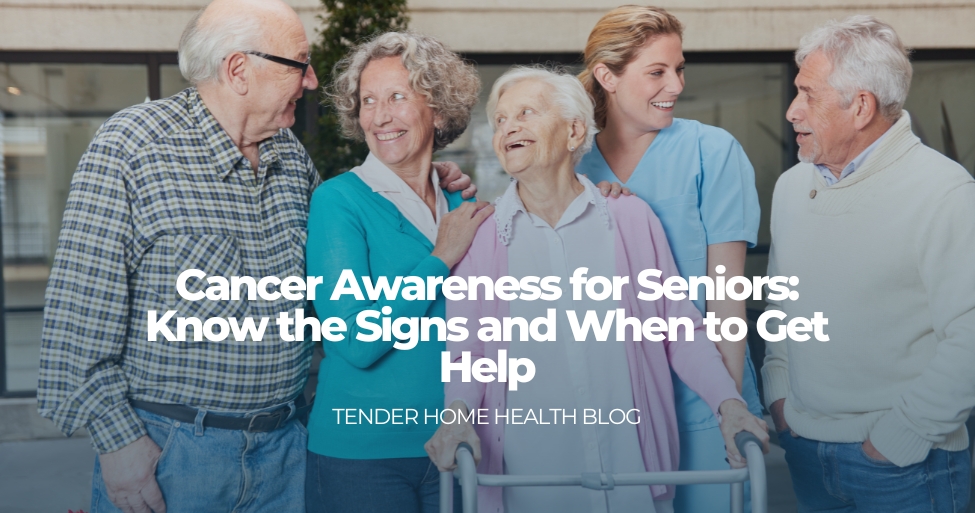Independence is important, especially for our aging loved ones.
But sometimes, what looks like independence on the outside may be masking real challenges underneath.
We hear this often from families:
“She’s doing fine.”
“He’s still sharp.”
“They don’t need help yet.”
It’s said with love. With hope. And with the best intentions.
But the truth is, needing a little help doesn’t mean giving up independence it often means preserving it.
If you’re starting to feel unsure about your parent’s safety at home, this guide is for you. These five signs can be easy to overlook, but they’re often the earliest signals that it’s time to consider home care.
1. The Little Accidents No One Mentions
A bruise on mom’s arm.
A story about tripping over a rug.
A near-miss while reaching for something high.
These moments seem small—especially when your loved one brushes them off. But behind each is a moment of real risk.
2. Changes in Hygiene or Clothing Habits
Your parent used to be meticulous about their appearance. But lately…
– Their hair looks unbrushed.
– Clothes are worn several days in a row.
– You spot a stain on their shirt that they haven’t noticed.
These changes aren’t just about appearance. They could point to memory issues, physical limitations, or even signs of depression.
3. The House Feels… Different
Maybe it’s just a few things:
– Mail stacking up
– Expired food in the fridge
– Laundry piling up or clutter in unusual places
You clean up during each visit, but something doesn’t feel right.
Your loved one may be trying to keep up, but their energy, memory, or mobility just isn’t the same. That doesn’t mean they’re no longer independent—it may just mean they could use some extra help staying that way.
Tip: Add berries to yogurt, smoothies, or oatmeal for a delicious and healthy meal.
4. Conversations Feel “Off”
You’re chatting on the phone or sitting together at lunch.
They repeat the same story.
They forget details you just talked about.
They pause mid-sentence to find the right word.
We all forget things sometimes—but when it becomes a pattern, it could be an early sign of cognitive decline.
5. Social Withdrawal or Isolation
Your parent used to go to church, visit neighbors, or attend community events.
Now? They mostly stay home.
They might say they’re “just tired” or “don’t feel like it,” but it could be more than that. Fear of falling, memory issues, transportation challenges, or even loneliness can all lead to social isolation which has been linked to faster mental and physical decline.
When You See the Signs, Trust Your Gut
You don’t have to wait for a crisis.
You don’t need to see something “serious” to take action.
At Tender Home Health, we help families in Los Angeles who want to support their aging loved ones without overstepping. We understand that trust and independence are important. That’s why our caregivers approach every visit with gentleness, respect, and care.
If you’ve noticed these signs and aren’t sure what to do next, we’re here to talk, answer your questions, and help guide you through it.
Ready to explore senior home care options?
Contact us today to learn how our in-home care services can provide the support your loved one needs to stay safe and independent.
Book Appointment: https://bit.ly/3OIoDA7
Contact us: https://bit.ly/Senior-Home-Care
Source:
https://www.cdc.gov/falls/data-research/facts-stats/?CDC_AAref_Val=https://www.cdc.gov/falls/facts.html
https://www.nia.nih.gov/health/mental-and-emotional-health/depression-and-older-adults



